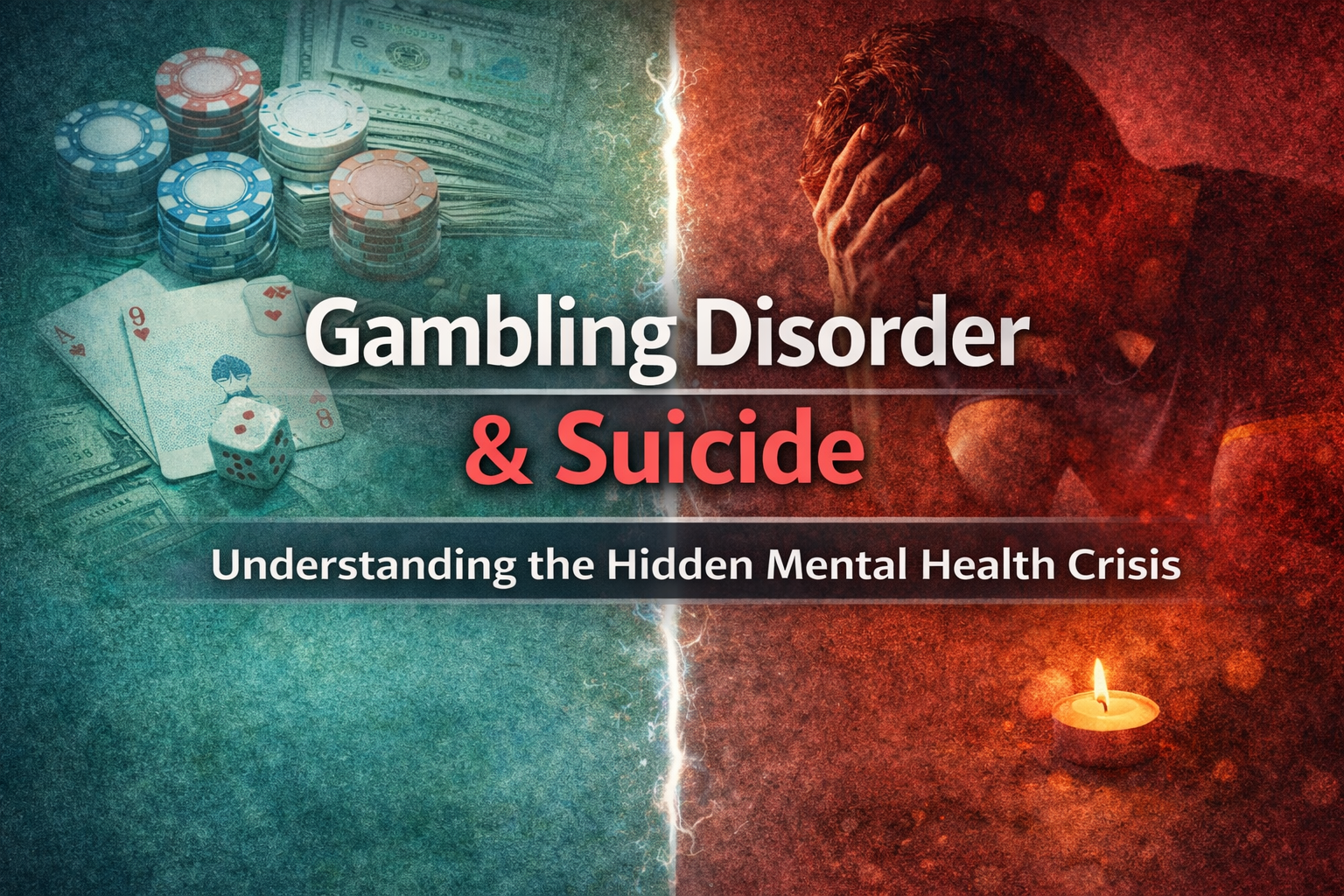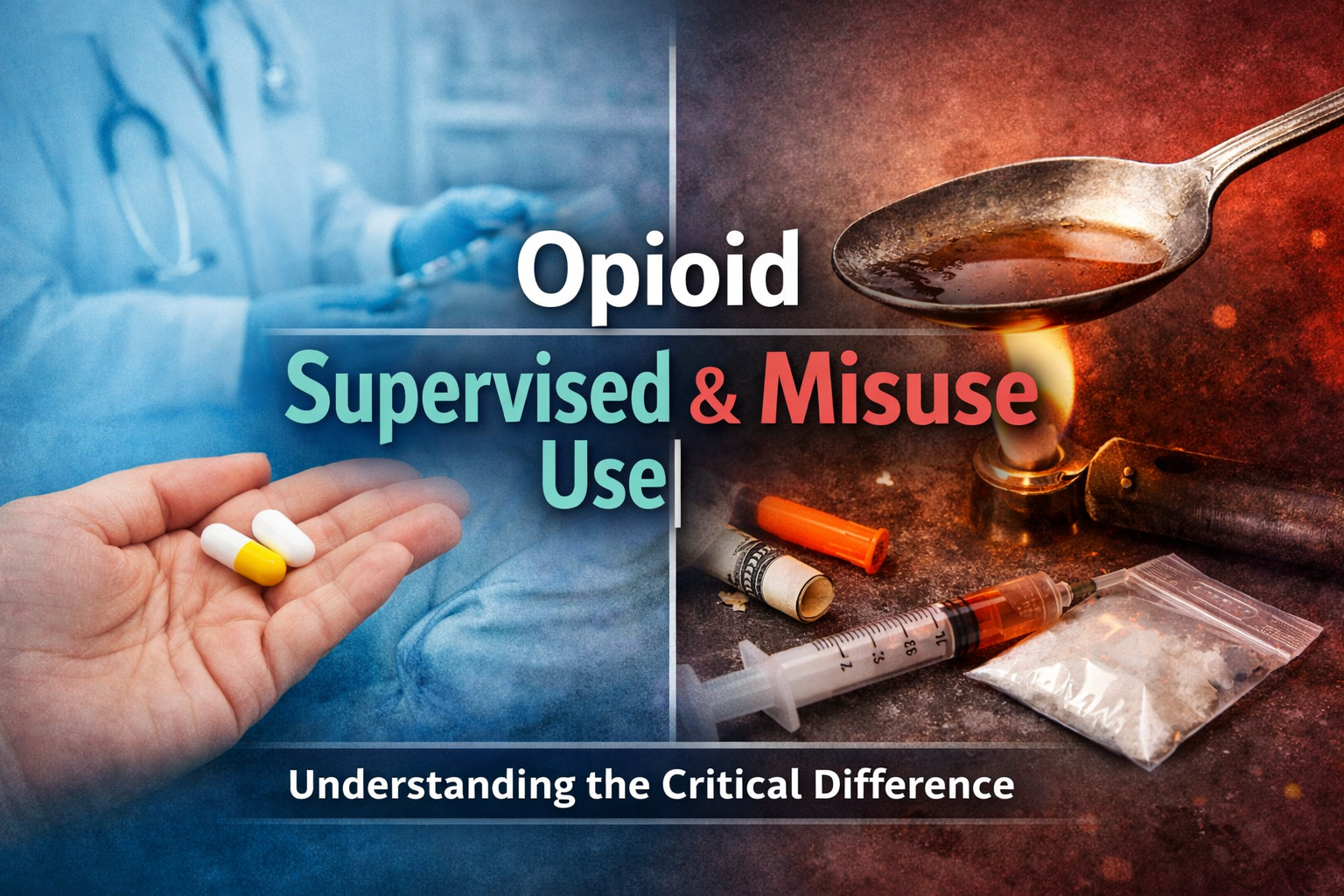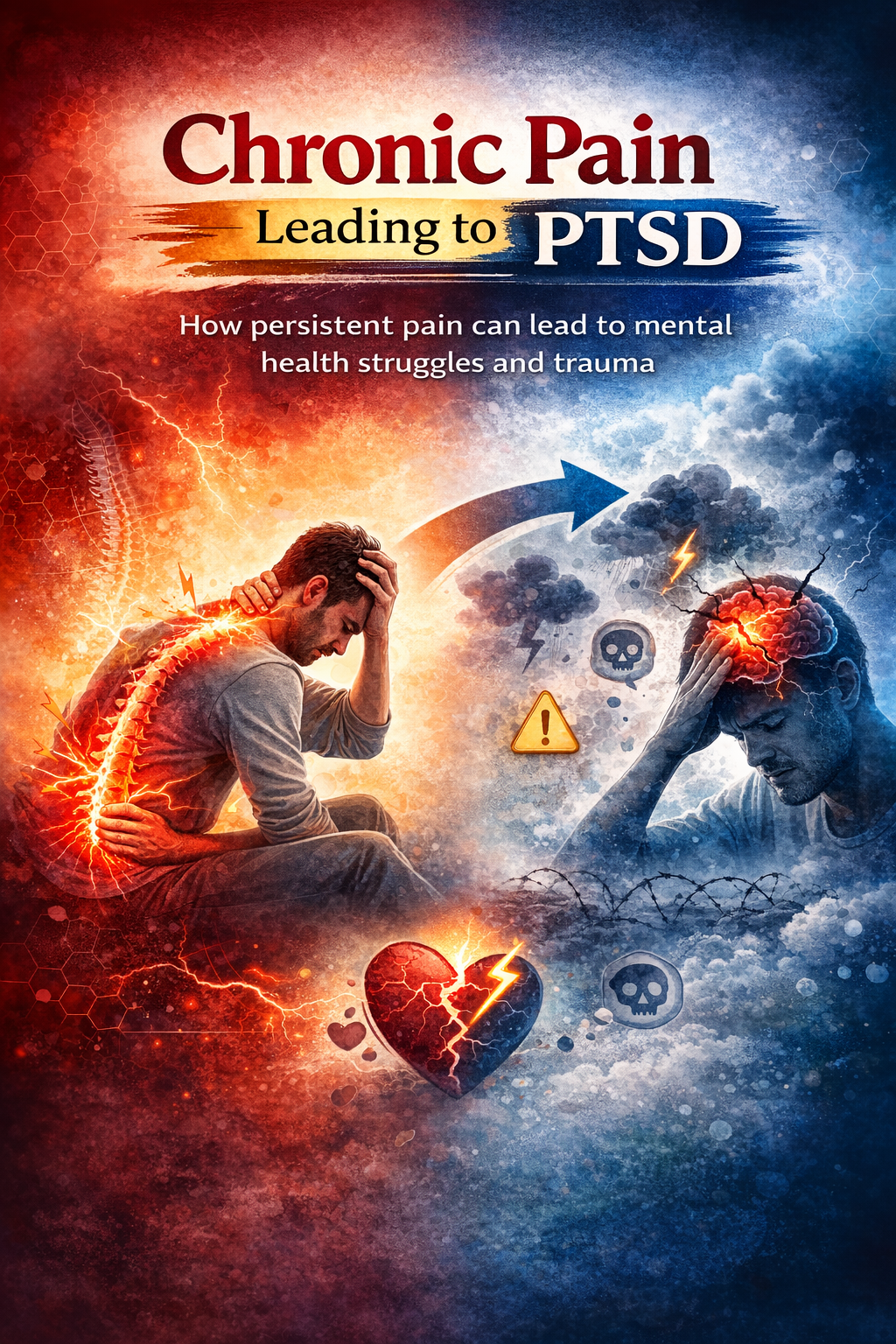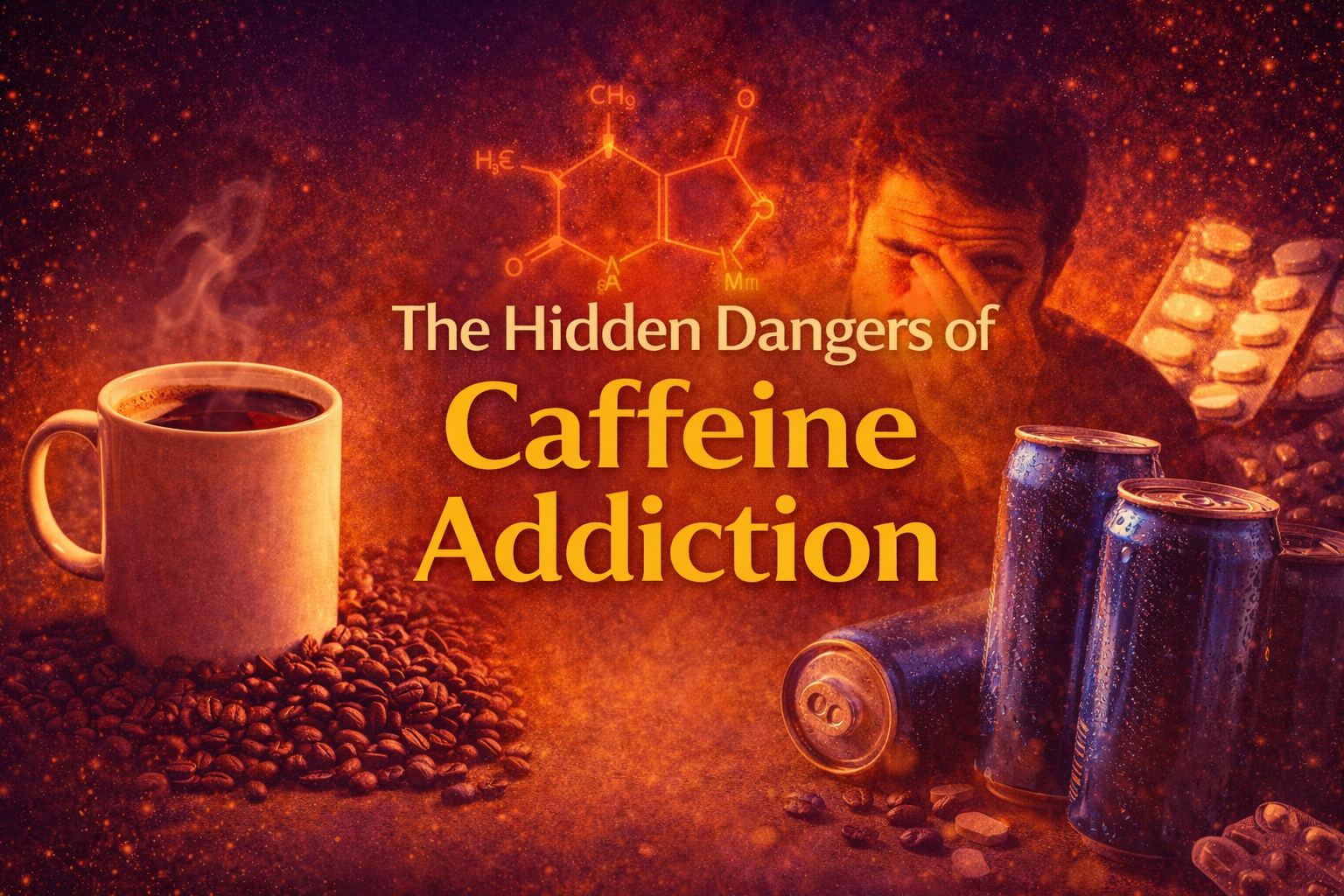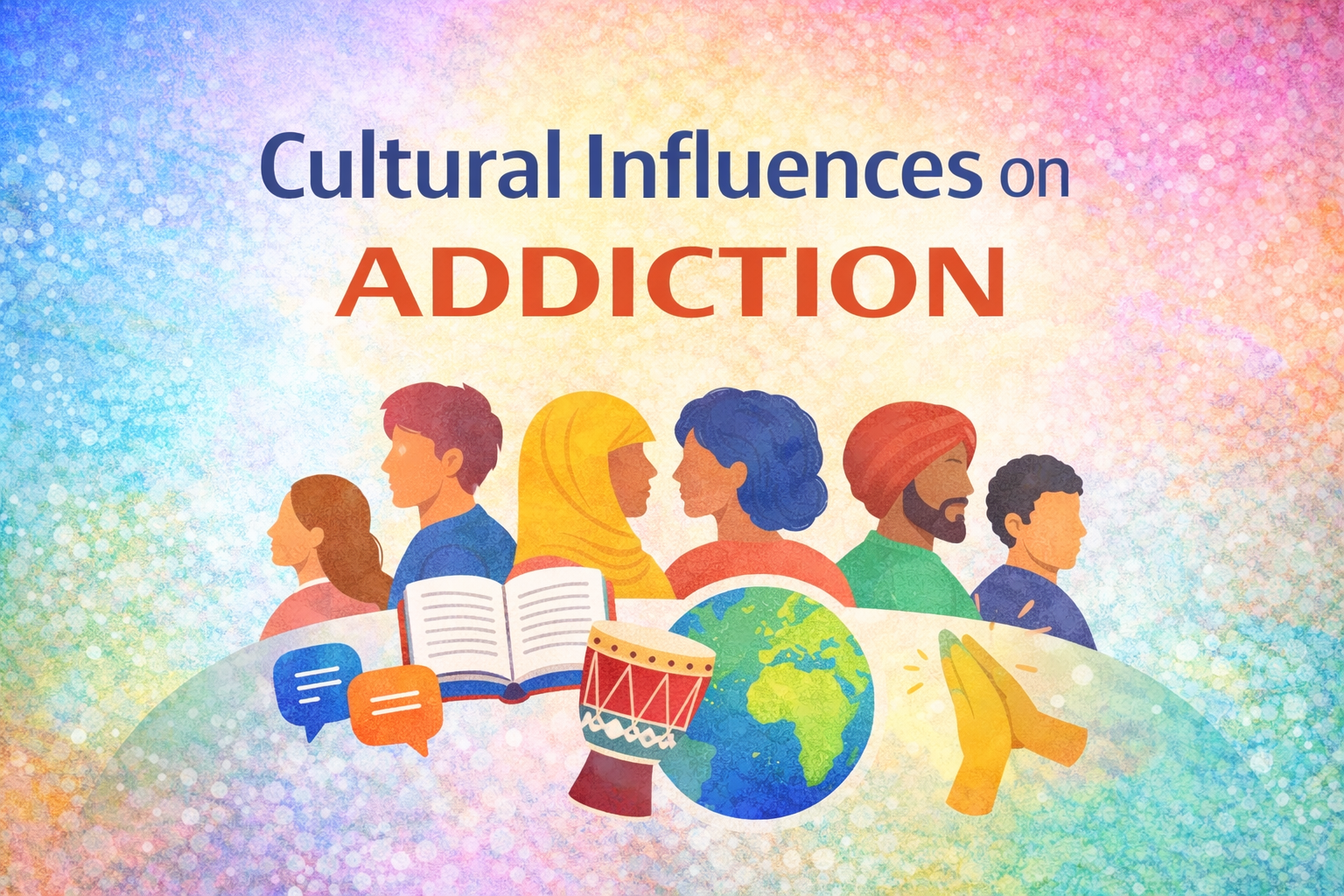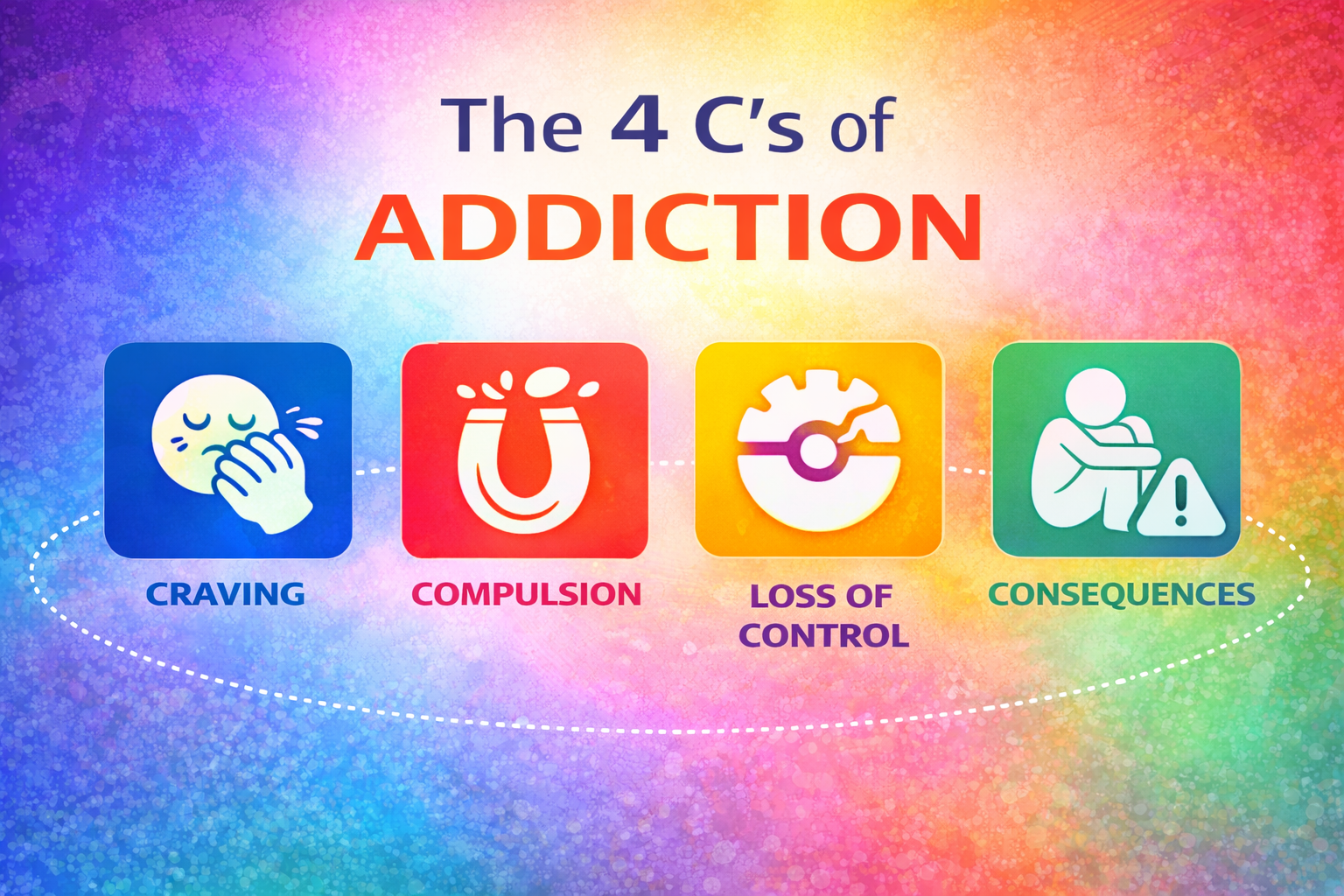Gambling Disorder and Suicide
Gambling disorder is a serious behavioral addiction that can profoundly affect emotional well-being, finances, and relationships. Over time, mounting debt, secrecy, guilt, and social isolation can create intense psychological distress. When these pressures combine with depression, anxiety, or impulsivity, individuals may begin to feel trapped and hopeless—states strongly associated with suicidal thoughts. Understanding how gambling … Read more
